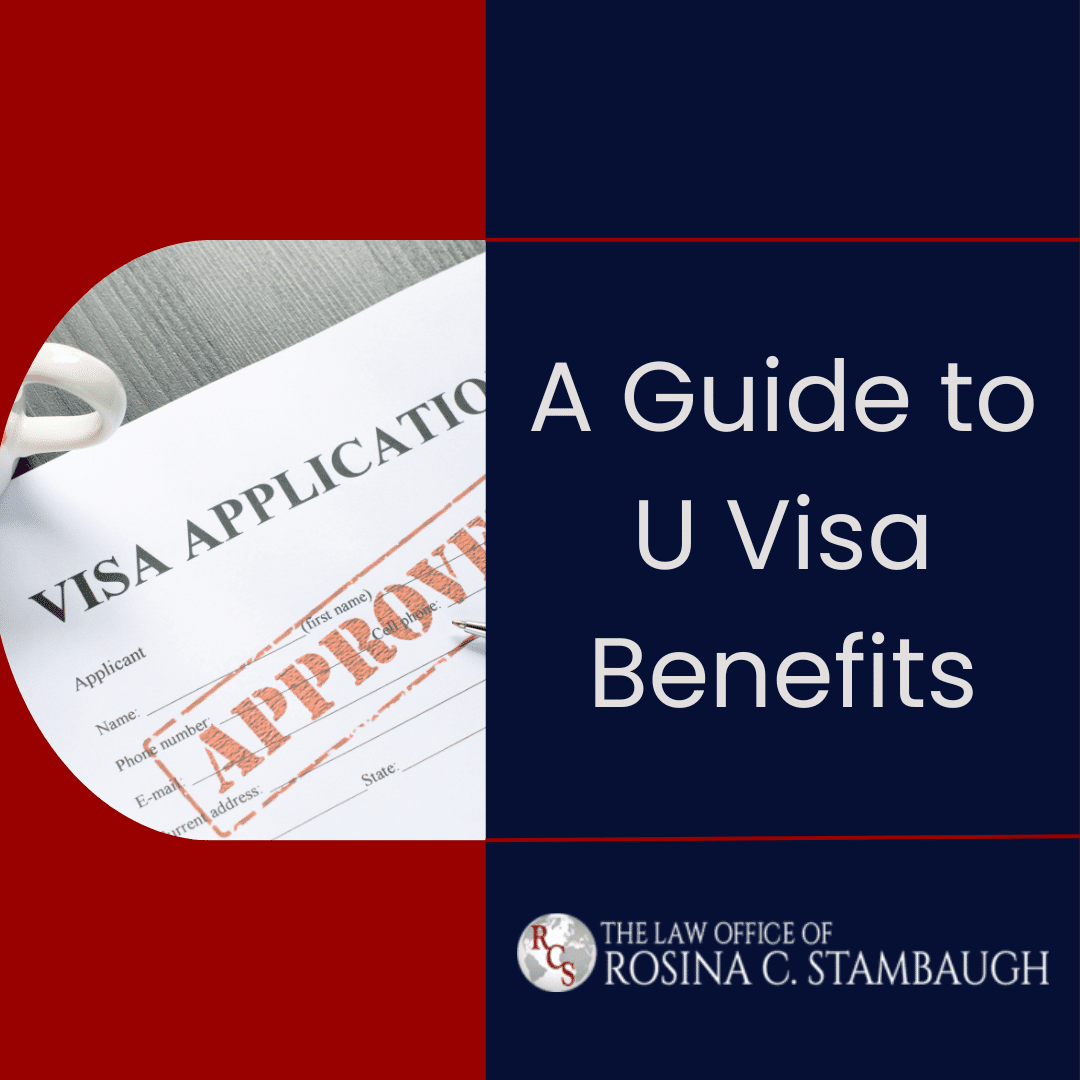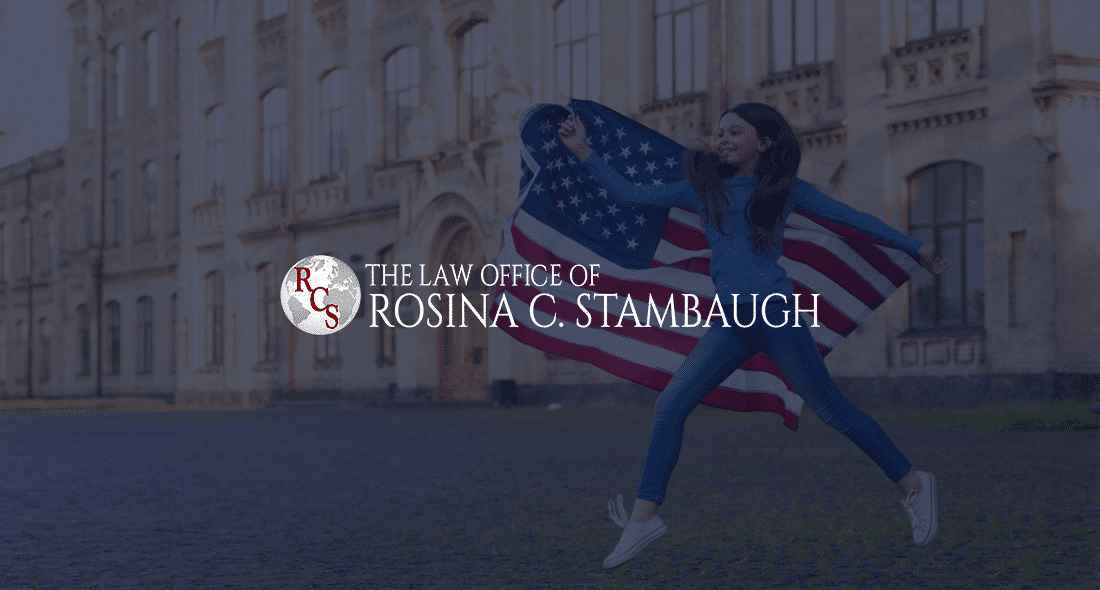
What is a U Visa?
U visas are United States non-immigrant visas for victims of crime and their immediate family members. The visas were created in 2000 when Congress passed the Victims of Trafficking and Violence Protection Act. Its purpose is to encourage immigrants to report crimes and protect those willing to cooperate with law enforcers.
While the Act protected domestic and other violent crimes victims, it also explicitly expressed its intent to protect against qualifying workplace-related crimes.
If you’re a non-immigrant subjected to domestic violence or other crimes, you could qualify for a U visa benefits. Consult skilled immigration lawyers in Pennsylvania to help you determine eligibility.
Qualifying Criminal Activities
If you’re a victim of one of the following crimes, talk to experienced Pennsylvania U visa attorneys for the next steps in applying for a U visa. They can provide the resources, counsel, and support you need in the process:
- Domestic violence
- Abduction
- Abusive sexual behavior
- Extortion
- False imprisonment
- Hostage
- Female genital mutilation
- Kidnapping
- Perjury
- Sexual assault
- Prostitution
- Manslaughter or murder
- Slave trade
- Rape
- False imprisonment
Does the U Visa Protect Workers?
Workplace advocates and unions often witness employer exploitation and abuse of immigrants in the workplace. Subjection to abusive behavior violates collective bargaining agreements, equal employment protections, wage and hour laws, and the right of workers to engage in protected activities.
However, abuse by employers sometimes escalates to the level of criminal activity. In that situation, and depending on the case specifics, workers may be eligible for U non-immigrant status (U visa). With the new immigration status, workers are protected from the consequences of employer retaliation, such as losing their rightful employment-based immigration status.
The visa enables abused workers to hold their employers accountable. It also empowers them to fight for the improvement of workplace conditions. If you’re a victim of workplace abuse, consult skilled Pennsylvania U visa attorneys for legal guidance. They can help you apply for a U visa to pursue justice without losing your immigration status.
What Are the Benefits of a U Visa?
Immigrants who qualify for U visas stand a better chance of remaining in the United States and pursuing their dreams. They become legal non-immigrants and gain rights accorded to other immigrants who hold other visa types:
Lawful Permanent Residence
The opportunity to a lawful permanent residence is probably the most essential feature of a U visa. Eligible individuals don’t have to renew their status, as with other immigration statuses. With a U visa, you could be on your way to getting a green card and, possibly, US citizenship.
With an approved U visa status application, you could become a lawful permanent resident (LPR) later on if you meet the following conditions:
- Have a physical presence in the United States for at least three consecutive years, including the time since you were admitted under U visa status.
- You still have valid U-visa status at the time you apply for LPR.
- You lawfully gained admission into the country as a principal or derivative with U visa status.
- You haven’t reasonably refused to assist law enforcers in their investigations or during the prosecution of a criminal act.
- You were continuously in the United States on humanitarian grounds while ensuring family unity or public interest.
You can apply for naturalization after five years as a legal permanent resident if you meet all the other citizenship requirements. The process is often complex, time-consuming, and lengthy. Experienced attorneys at The Law Office of Rosina C. Stambaugh can guide you so you avoid mistakes that could make the USCIS deny your application.
Access to Certain Public Benefits
U visa holders become legal non-immigrants and gain rights such as getting a driver’s license, opening a bank account, and enrolling in an academic study. If eligible, those with a pending U visa application can apply for local and state benefits such as Refugee Cash Assistance (RCA), In-Home Support Services, General Assistance, and Employment Social Services.
Access to Work Permit and Protection from Deportation
Applicants who have not received their U Visas can get work permits and enjoy protection from deportation while waiting for their final decision on their case. The process involves bona fide determination (BFD) and preliminary approval.
Protection Against ICE Enforcement Actions
ICE is prohibited from taking action against non-citizens who are crime survivors or have witnessed various crimes, even if they have pending U visa applications. The ICE is required to defer enforcement decisions until after the USCIS makes a final decision on an applicant’s pending U visa application.
Inclusion of Certain Family Members in the U Visa Application
You can include certain family members in your U visa application, and if approved, they will have the same benefits as you. Who you can include depends on your age at the time of application.
If you file at 21, you can include your children under 21, spouse, parents, and unmarried siblings under 18. After 21, you can only include your spouse and unmarried children under 21.
Need Help with Your U Visa Application? Trust the Law Office of Rosina Stambaugh
It can be traumatizing to be subjected to criminal activities against you at home or abroad. If you’re a non-citizen in the US and a victim of crime, you could apply for a U visa to protect your rights and shield you from losing your current immigration status. You also could be eligible to apply for lawful permanent residence after three years of the U visa status and enjoy the U visa benefits that come with the status.
The Law Office of Rosina Stambaugh has a skilled Pennsylvania U visa lawyer to help you with your application. Trust us to answer all your questions regarding the application. We can guide you through the steps to avoid the mistakes that could make the USCIS deny your application. Call us at 717-900-1818 or contact us online for a consultation.





